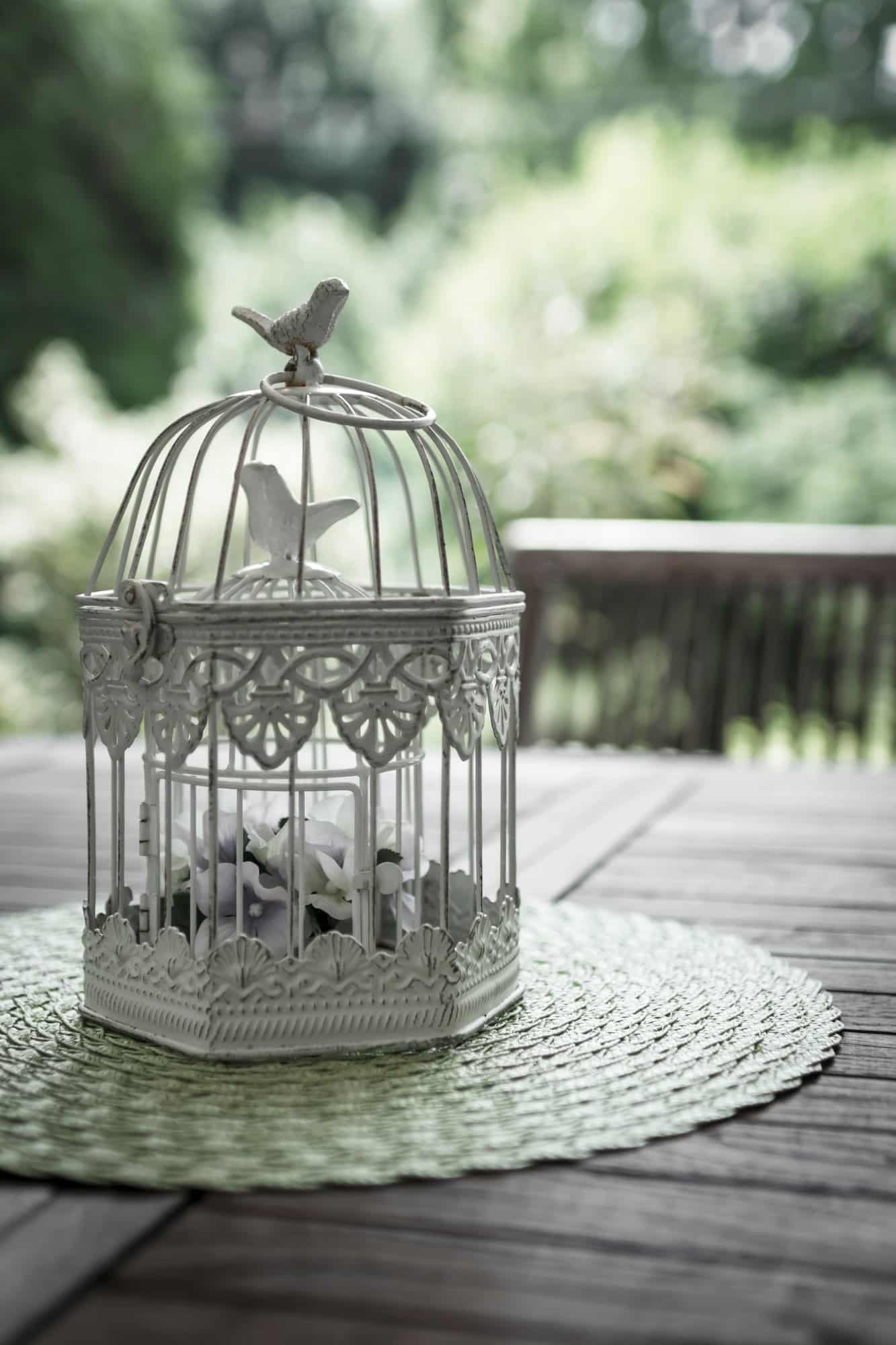How to Design a Safe Aviary for Budgerigars to Encourage Flight and Exercise?

Budgerigars, or as they’re more fondly known, budgies, are a beloved type of parrot renowned for their vibrant colours, tuneful chirping and sociable nature. To keep these delightful creatures healthy and content, they need an environment that caters to their needs. Specifically, an avian haven, or an aviary, that provides ample space for flight, a variety of food, secure perches, and an environment that mimics their natural habitat. This comprehensive guide will walk you through the process of designing the ideal aviary to support the happiness and longevity of your budgie companions.
Choosing the Right Enclosure
Before you start curating your budgie’s new home, the first step is to choose the right enclosure. Size is a crucial element. Your birds require enough space to stretch their wings and engage in flight. This is vital for their physical health and overall wellbeing. A good rule of thumb is to select an aviary that is twice as wide and four times as long as the longest bird’s wingspan.
Lire également : What’s the Most Effective Way to Train a Cocker Spaniel to Stop Unwanted Barking?
The material of the aviary also matters. Choose a sturdy, non-toxic metal such as stainless steel or aluminium. Avoid wire cages with lead or zinc, as these can be toxic to your birds. The wire mesh should be tight enough to prevent budgies from sticking their heads through, but wide enough to allow for ventilation.
The enclosure should also have a secure door to prevent your birds from flying free and becoming victims of outdoor predators.
Cela peut vous intéresser : What’s the Best Way to Prepare Your Home for a Hairless Cat Breed Like the Sphynx?
Creating an Enriched Environment
Once you’ve selected the right enclosure, the next step is to create an enriched environment. This begins with the positioning of perches. Perches of varying diameters and textures are essential for your bird’s foot health. Make sure they are positioned at different heights to encourage flight and offer a diverse view of the environment.
Ensure that the aviary is not directly exposed to harsh weather conditions. A shaded area within the aviary is essential to protect your budgies from the scorching sun and driving rain.
Water plays a vital role in creating an engaging environment. A bird bath or a shallow dish of water will be both a source of hydration and a fun, splashy playground for your parrots.
Selecting the Right Food
Feeding your budgies the right food is just as important as providing them a safe and stimulating environment. Budgies are granivores, meaning they eat a diet primarily composed of seeds. However, to ensure they receive a balanced diet, include fresh fruits and vegetables in their meals.
Never leave food out for too long as it can spoil and cause illness. A hanging food dish will keep the food free from droppings. Always provide a constant supply of fresh water, and ensure the water container is cleaned regularly to prevent the build-up of harmful bacteria.
Ensuring Flight and Exercise
Promoting flight and exercise is the cornerstone of a budgie’s healthy lifestyle. An aviary should have enough horizontal space for your budgies to fly short distances. This will not only keep them physically fit but also mentally stimulated.
Toys also play an important role in encouraging exercise. Ladders, swings, and ropes can inspire your birds to climb and explore. You can also introduce foraging toys filled with food to stimulate natural foraging behaviors.
Preventative Measures to Avoid Hazards
Lastly, it’s important to take preventative measures to avoid potential hazards in your aviary. Regularly inspect the aviary for any signs of wear and tear, and repair or replace any damaged parts as necessary.
Avoid placing perches or toys above food and water dishes to prevent contamination from droppings. Keep the aviary clean of droppings and leftover food to ward off disease.
In addition, don’t forget to provide a safe retreat for your budgies. Birds, in general, like to have a secluded place to retire when they feel stressed or endangered. Nest boxes or secluded perches can offer this.
Designing a safe and enjoyable aviary for your budgerigar buddies might seem daunting at first, but with careful planning and understanding of their needs, it can indeed become a rewarding venture. Remember, a well-designed aviary doesn’t just provide a home for your parrots, it offers an enriching environment that encourages their natural behaviors and promotes a lifetime of health and happiness.
The Essentials for Outdoor Aviaries
When setting up an outdoor aviary, it is essential to take into account additional factors such as weather, predators, and flight training opportunities. An outdoor aviary provides your budgies with a more natural environment, but it also comes with its own set of challenges and risks.
Due to exposure to varying weather conditions, the material of your outdoor aviary is even more crucial. Stainless steel or aluminium are excellent choices as they are non-toxic, weather-resistant, and durable. The wire mesh of the aviary should be robust and tightly woven to prevent predators from gaining access.
The positioning of the aviary is also important. It should be situated in a location where it can receive sunlight but also has access to shade to protect your budgies from the harsh sun. At the same time, the aviary should be shielded from extreme weather conditions like storms and heavy rains.
Flight training can be more versatile in an outdoor aviary. Free flight is a great way for budgies to exercise and explore their surroundings. Ensure the aviary is spacious enough to allow for this. Remember, always supervise your feathered friends during their flight sessions to help prevent any accidents or mishaps.
Conclusion: Building a Healthy and Joyful Home for Your Budgies
In conclusion, building an aviary for your budgies is a fulfilling project that, when done correctly, can greatly enhance the quality of life for your pet birds. It involves careful planning, the right materials, and a solid understanding of your budgie’s needs.
Size, materials, and the layout of the bird enclosure are all critical aspects to consider. Whether it’s an indoor or outdoor aviary, prioritizing flight and exercise opportunities is key. The aviary should be a safe, stimulating, and comfortable space that encourages your budgies to engage in natural behaviors.
The choice of food and water dishes, the quality and variety of the food, and the cleanliness of the aviary are all factors that contribute to the overall health and wellbeing of your budgies. Regularly checking the aviary for any signs of damage and ensuring it remains a clean and hygienic space will go a long way in keeping your budgies healthy.
In the end, the joy and companionship that budgies bring makes all the effort worthwhile. Seeing them thrive, chirping cheerfully as they exercise their wings, and exploring their habitat with enthusiasm is an unmatched delight. A well-designed aviary helps not just in creating a safe home but a joyful one, where your budgies can lead a happy, healthy, and active lifestyle.
